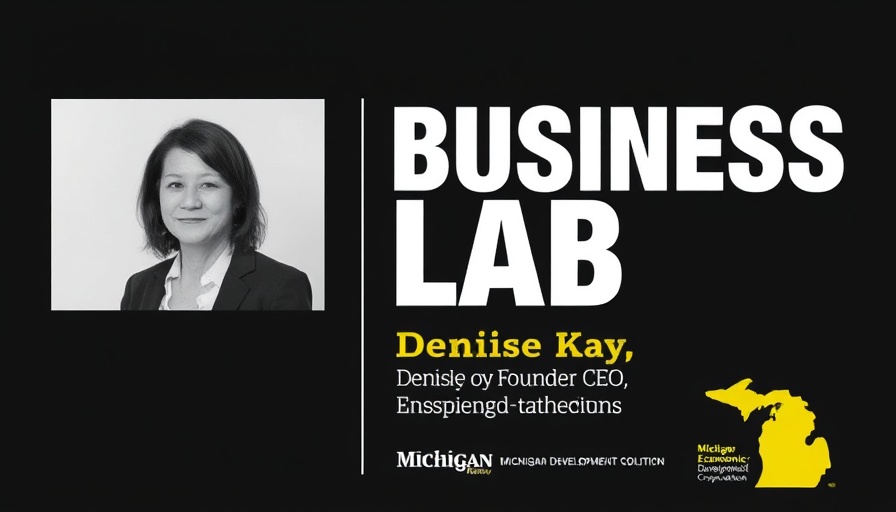
Introducing the Glider: A Game Changer in AI Evaluations
In a remarkable technological breakthrough, Patronus AI has introduced 'Glider,' a lightweight yet powerful AI model designed to evaluate the outputs of various AI systems. Emerging from the innovative minds of former Meta AI researchers, Glider has set new standards by outperforming even OpenAI's GPT-4o-mini in core benchmarks critical for AI assessment. With its efficient design, this model opens new doors for cost-effective and transparent AI evaluation.
Glider stands out by its ability to process AI outputs with a high degree of accuracy while providing easily understandable explanations. In a discussion with VentureBeat, Anand Kannappan, CEO and co-founder of Patronus AI, elaborated on the motive behind this invention: "Our goal at Patronus AI is to deliver robust and reliable AI evaluation to developers and anyone involved in language model creation or utilization."
Breaking Down the Barrier: Size versus Performance
Traditional methods of evaluating AI systems often relied on massive and costly models like GPT-4, posing limitations for many organizations. What makes Glider revolutionary is its ability to match the performance of these giants while being significantly smaller and more efficient. Darshan Deshpande, the research engineer behind this initiative, highlighted the model's efficiency, mentioning its capacity to perform evaluations using merely 3.8 billion parameters. This capability ensures that Glider operates with remarkable speed, a mere one-second latency, suitable for real-time applications.
Innovative Evaluation Metrics
Glider distinguishes itself with its capability to evaluate multiple dimensions of AI outputs concurrently. It assesses various aspects like accuracy, safety, coherence, and tone simultaneously, facilitating a comprehensive understanding of AI performance. Its multilingual capabilities also ensure that it remains a versatile choice despite its primary training on English data.
By combining these diverse metrics across 685 domains, Glider enables organizations to launch a robust on-device evaluation process. This not only ensures data privacy by eliminating the need to transfer details to external systems but also allows for tailored applications adaptable to unique organizational needs.
Link to Tech Ethics and Future Innovations
In the rapidly evolving landscape of AI, the release of Glider is timely. As organizations strive for responsible AI practices, there's increasing emphasis on transparency, privacy, and ethical considerations. Glider's transparent evaluation process and detailed reasoning make it an essential tool for ensuring ethical AI development.
It's anticipated that this model will lead to more democratized and ethical AI practices, allowing businesses and developers to better control and understand AI behaviors. Such advances might also spur further innovations, setting a future trend where smaller, efficient models become the norm in AI evaluations, shifting the paradigm from heavy, resource-intensive models to more scalable solutions.
Potential Impact and Real-World Applications
The practical implications of Glider are vast. Companies looking to internalize AI evaluations without reliance on expensive, external tools now have a feasible pathway. This shift is not only cost-effective but also empowers businesses to ensure their AI systems are robustly evaluated without compromising confidentiality.
Furthermore, as the demand for real-time, low-latency solutions grows, Glider's ability to rapidly and accurately evaluate outputs while maintaining detailed quality assurance will become increasingly valuable. By firmly establishing itself as a superior AI evaluator, Glider is likely to influence both current application practices and herald a new era in AI development.
 Add Row
Add Row  Add
Add 
 Add Element
Add Element 


Write A Comment